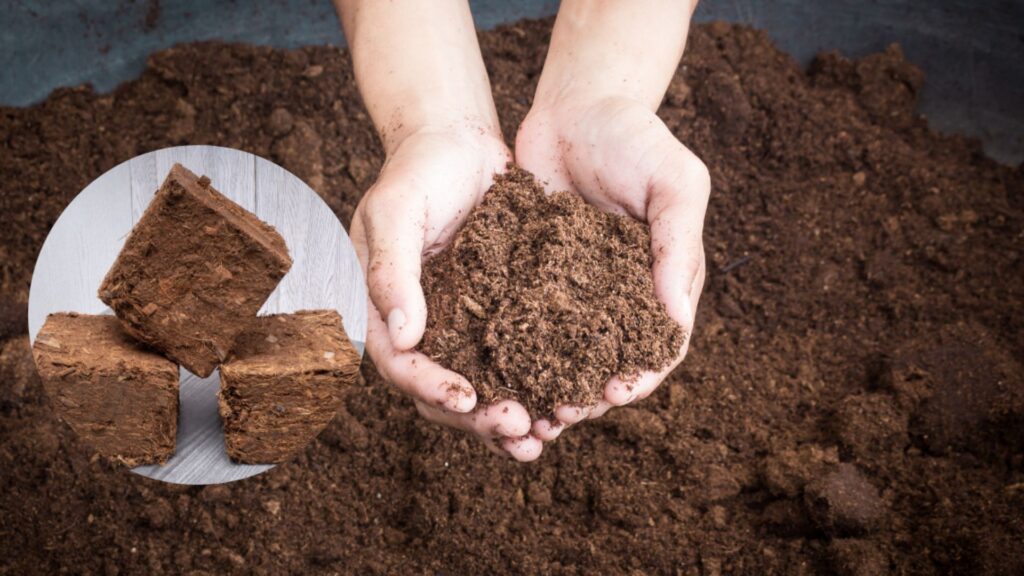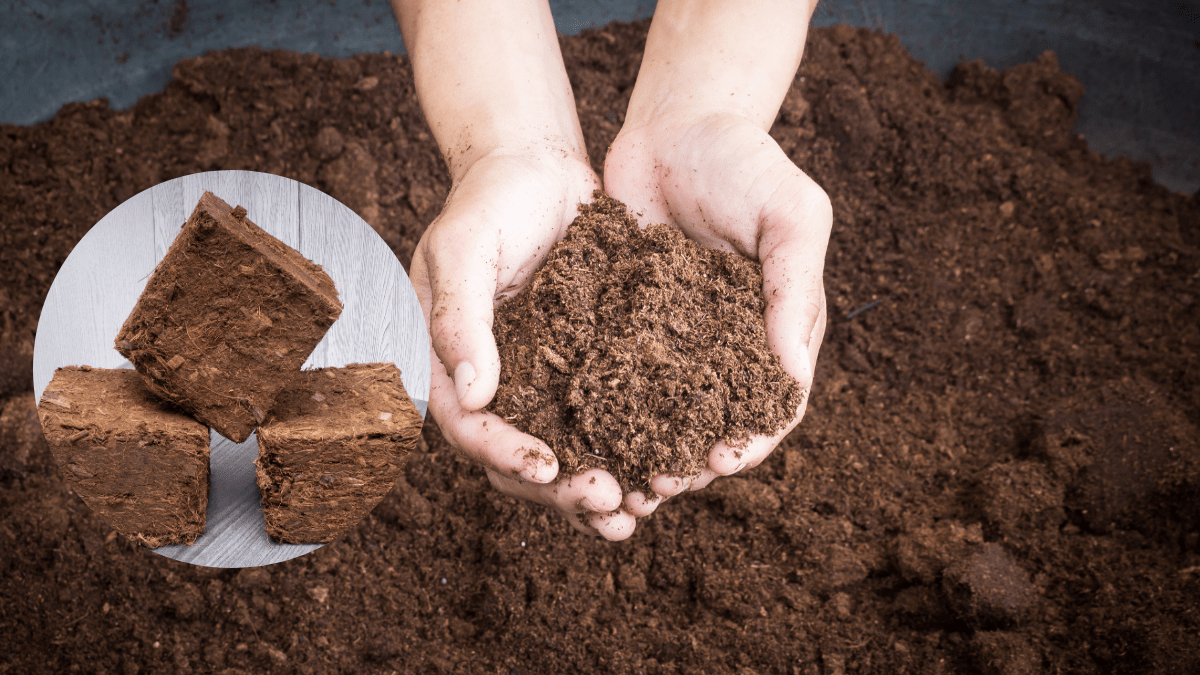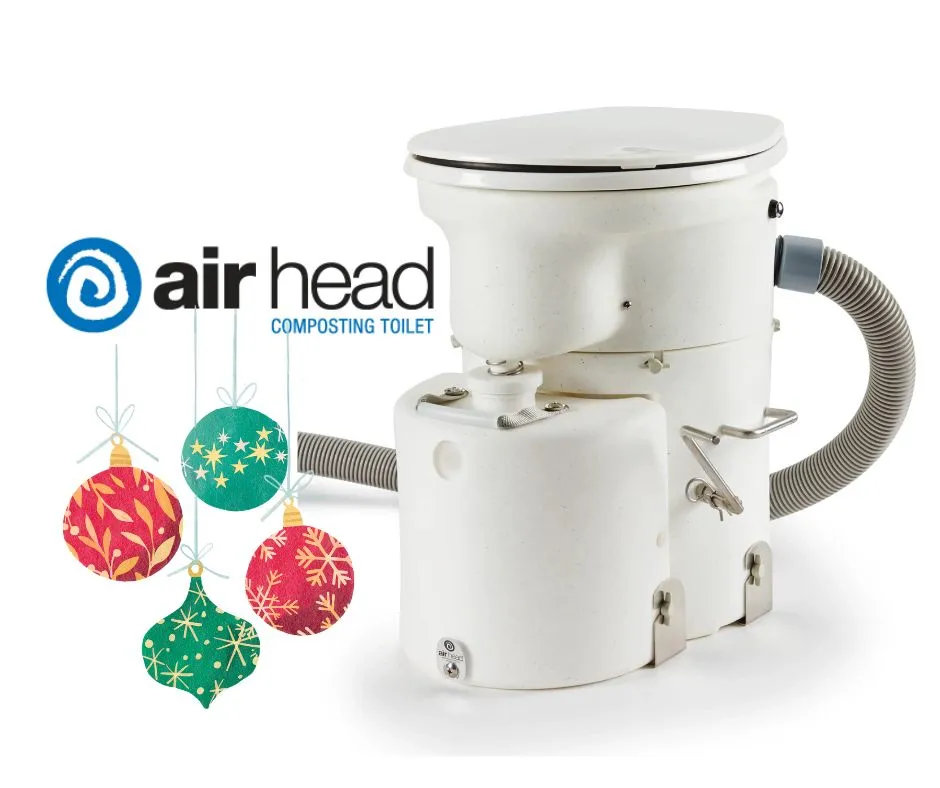
When it comes to compost toilets, the first question most people ask is, “Do composting toilets smell?” It’s a valid concern—after all, nobody wants an unpleasant odor lingering in their tiny home, RV, boat, or off-grid cabin. But here’s the truth: modern composting toilets are designed to be odor-free. In this post, we’ll debunk some of the most common myths about compost toilets and explain how advanced designs, like the Air Head composting toilet, keep odors away, addressing the question, Do Composting Toilets Smell.
Many potential users wonder, Do Composting Toilets Smell? This question leads to misconceptions about their functionality.
Switching to a compost toilet brings lots of benefits that traditional toilets simply can’t match. Firstly, these innovative systems significantly reduce water usage by eliminating the need for flushing. They also offer a unique advantage by transforming human waste into nutrient-rich compost. This compost can be used on your garden or landscape, enriching the soil without the need for chemical fertilizers. Off-grid living enthusiasts find these toilets particularly appealing as they provide independence from municipal sewage systems. This is not only practical but also aligns with a sustainable lifestyle.
For many owners, compost toilets are a space-saving wonder. Their compact design fits well into small living areas, without requiring large tanks to be installed. These toilets are a testament to how modern solutions can be both better for your day-to-day life, and also better for the environment.
Understanding whether Do Composting Toilets Smell is crucial for anyone considering this option.
So, Do Composting Toilets Smell? The answer may surprise you as we delve into the science behind odor control.
To answer the question, Do Composting Toilets Smell, we need to demystify the common myths surrounding them.
Let’s consider why some people might think Do Composting Toilets Smell is true.
Modern composting toilets are specifically engineered to combat the issue of Do Composting Toilets Smell.

Remember, the question Do Composting Toilets Smell leads to a better understanding of these systems.
One of the biggest misconceptions about compost toilets is that they smell like traditional outhouses or port-a-potties. This myth likely stems from people’s idea of what a composting toilet is.
The fact is, today’s composting toilets are highly engineered to prevent odors. In particular, the Air Head composting toilet includes several key features to ensure an odor-free experience.
This leads us to the important question, Do Composting Toilets Smell when maintained correctly?
Revisiting the question, Do Composting Toilets Smell, we find that maintenance is key.

Many people assume that composting toilets are unsanitary, but that couldn’t be further from the truth. In fact, when properly maintained, compost toilets are just as clean—and sometimes even cleaner—than traditional flush toilets.
Many people assume that composting toilets are only for off-grid cabins or eco-friendly enthusiasts living in remote areas. But the truth is, compost toilets are increasingly being used in a variety of settings, like boats and RVs.
If you’re still pondering, Do Composting Toilets Smell? It’s time to explore options.
One reason for their growing popularity is that modern composting toilets, like the Air Head, are compact and easy to install almost anywhere. They don’t require plumbing, which makes them perfect for mobile living situations like boats and RVs.

Another common misconception is that composting toilets are difficult to maintain and require constant attention. The truth is, with a well-designed compost toilet, maintenance is straightforward and far less than other systems.
For instance, the Air Head composting toilet is designed for minimal maintenance. Here’s why:
*Check here how to clean an Air Head Toilet.*

Addressing the fears of odors, we reiterate: Do Composting Toilets Smell? Not with proper care.
*Check this article to learn how to keep your composting toilet smell-free.*
So, do compost toilets smell? The short answer is NO—at least, not if you’re using a modern, well-designed system like the Air Head composting toilet. By separating liquids and solids, utilizing a ventilation system, and incorporating rubber gaskets to create an airtight seal, these toilets are designed to provide an odor-free and efficient solution for waste management. The only smells that should be emitted from the toilet, is a earthy/soil scent from the external vent – which is much better than the alternative.
In addition to being odor-free, composting toilets are easy to maintain, eco-friendly, and versatile enough to be used in a wide range of living situations. Whether you’re living off-grid, sailing the seas, or just trying to live a more sustainable lifestyle, a composting toilet is a practical and clean solution.
If you’re ready to take the next step toward odor-free, eco-friendly living, consider the Air Head composting toilet—a smart choice for modern waste management that doesn’t sacrifice comfort or cleanliness.
CTA: Choose Sustainability – Get your Air Head Now! Link: https://airheadtoilet.com/help-me-choose/
As you consider your options, remember the question: Do Composting Toilets Smell? It’s all about choice.
When choosing a composting toilet, ask yourself, Do Composting Toilets Smell? The answer may influence your decision.







